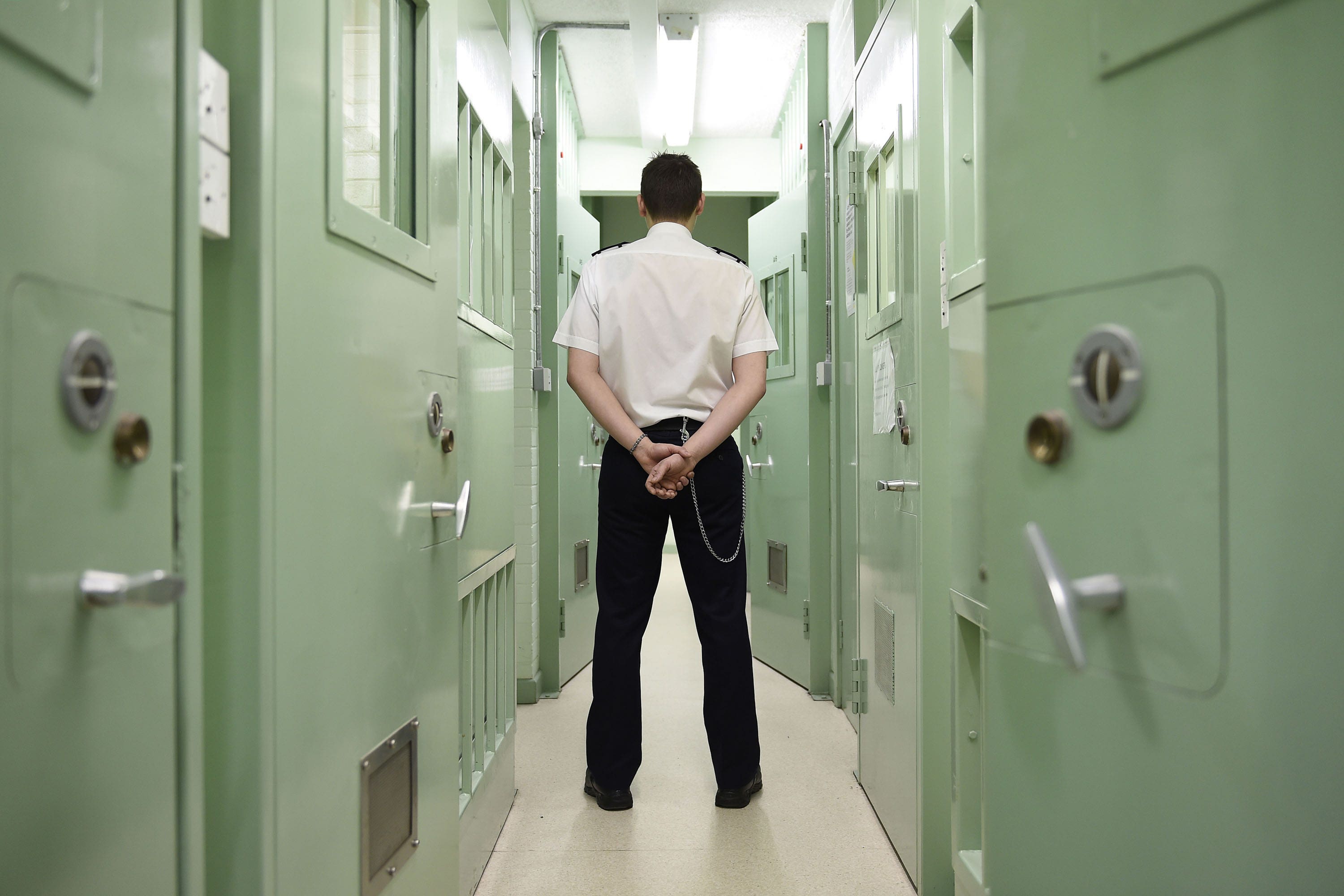We must rethink which criminals we incarcerate
Editorial: As our jails near full capacity and the new government considers desperate – and unpopular – measures to deal with a crisis it has inherited, this is a good moment to pay some proper attention for once to the crumbling prison estate and the creaking criminal justice system that feeds it

It cannot have given Sir Keir Starmer much pleasure that the end of his first week in government should be marked by the early release of convicted criminals back into the community. It is a gift to the more unscrupulous of his political opponents, especially in the Conservative Party – who neglected the prison system, actually created the crisis, and made the emergency measures unavoidable.
For the public, it is also an uncomfortable development – but the prime minister and the justice secretary, Shabana Mahmood, have no alternative. Acting on the advice of the over-stressed prison service and driven by sheer necessity, they will allow many thousands of wrongdoers out of custody in the coming weeks. If they are not released, then there will come a point when there will be no cell available for the most serious of offenders – an even worse situation. Available beds are predicted to run out within a matter of weeks.
Instead, inmates will be released after serving some 40 per cent of their terms, rather than at the current 50 per cent mark, where the sentences are of less than four years. It would necessarily exclude those jailed for sexual, violent or terror-related offences.
The fact that a relatively high proportion of the female prison population will be covered by this measure reminds us of just how many women are locked away for offences that are too often the product of domestic abuse, poverty and desperation. The mania for incarceration that has gripped sentencing policy in recent years has created some grotesque injustices.
In that spirit, there is also a strong case to be made, irrespective of prison overcrowding, for winding down the terms of the remaining thousands of people on indefinite public protection sentences, often serving far longer than any relevant maximum sentence.
A change of government is as good a moment as any to pay some attention to Britain’s creaking criminal justice system and crumbling prison estate. For the sake of clarity of thinking, it is also useful to recall that old slogan, “Tough on crime, tough on the causes of crime”, the most successful of the New Labour soundbites. If, as ever, the British public demands that its government be “tough on crime”, then it should be prepared to fund a functioning courts system, a probation service that can cope with its workload, and a prison estate that fulfils minimal standards of hygiene and safety, as well facilities that promote rehabilitation and prevent reoffending.
Of all the public services that suffered disproportionate cuts during the years of austerity, the courts, probation and prison services suffered the most, and with the most grievous effects on wider society. Prisons that are infested with drugs and vermin and function only as “academies of crime” do more harm than good. If the longer custodial sentences judges have been told to hand down are to act as any kind of deterrent, the necessary number of cells must be available to accommodate lengthier incarceration at His Majesty’s pleasure.
Charlie Taylor, the chief inspector of prisons, is to be applauded for his commitment to alerting the previous administration about jail places not keeping pace with offender sentencing, and how such overcrowding was creating – in his typically colourful description – a “ticking timebomb”.
If a way cannot be found to expand the prison estate, then some hard choices, as now, will have to be confronted.
Building new prisons is extremely expensive – some £600,000 per cell, according the disputed figure being put about by the former justice minister Alex Chalk – as is the cost of keeping people in them. The public may prefer the money to be spent on hospitals, say, the schools or the armed forces; or in keeping their taxes down. In which case, alternatives to custody for less grievous non-violent transgressions will need to be utilised. These include community service, tagging and probation.
All that said, being tough on the causes of crime is also necessary. Here the government has some encouraging ideas, laid out in its manifesto, to prevent younger people being drawn into crime, such as the Young Futures programme, a proposed network of hubs with youth workers, mental health support workers, and careers advisers. More immediate action is promised via local prevention partnerships and placing youth workers and mentors in A&E units and Pupil Referral Units.
The work of defusing the causes of crime needs to begin even earlier, though. No child is born with a predisposition to offending, but some are born into conditions that make it more probable. The old Sure Start schemes, dismembered by the Conservative-led coalition, made a significant contribution to improving life chances for children from deprived backgrounds, as have improvements in the state schools. It is no excuse, but the cost of living crisis has pushed too many parents into shoplifting and petty crime, and we live in a society that is so materialistic and so unequal that the pressure to acquire can feel irresistible.
The causes of crime are amorphous and difficult to treat, but common sense and the present prison crisis should tell us that a constant drift to longer sentencing and cramming more criminals into the cells cannot constitute a complete and sustainable basis for building a safer society.
Crime and punishment present tough choices – and they cannot be ducked any longer.






Join our commenting forum
Join thought-provoking conversations, follow other Independent readers and see their replies
Comments